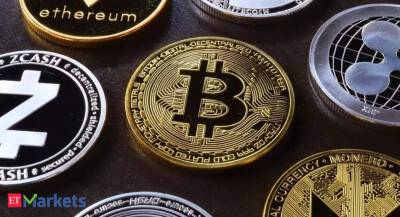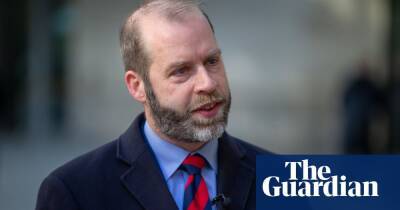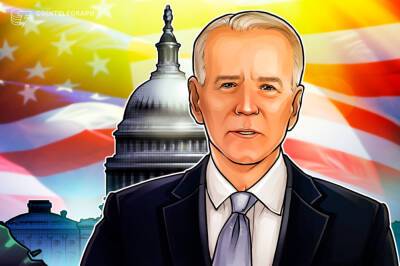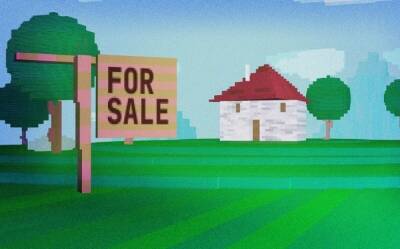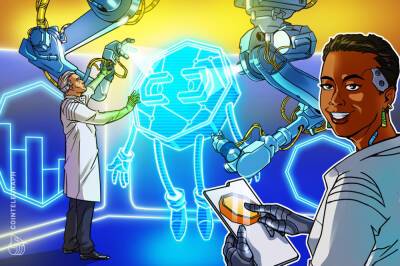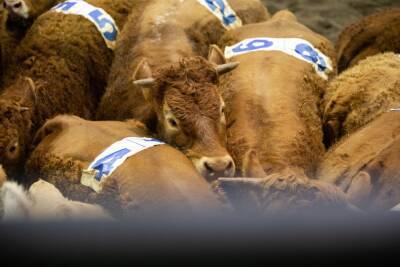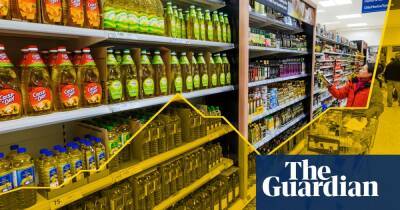Soaring UK prices force some to choose between heating and eating
Consumers have begun cutting back on food spending and reduced their use of gas and electricity at home, as more report rising living costs and concern grows about the impact of soaring prices on the poorest households in Britain.
According to an extensive survey of more than 13,000 adults in Great Britain, the Office for National Statistics (ONS) said as many as 83% saw an increase in their cost of living this month, up from 62% in November.
As utility bills and the weekly shop became more expensive, the ONS said 34% of those reporting rising living costs said they were using less gas and electricity at home, while 31% said they were spending less on food. Half have cut back on non-essentials.
The ONS figures raise concerns that some of the poorest in Britain are being forced to make tough choices between heating and eating.
They underline comments on Wednesday from the Bank of England’s deputy governor Ben Broadbent that Russia’s invasion of Ukraine was causing the biggest-ever external hit to Britain’s economy.
“From an economic perspective, coming on top of what was already a very steep rise in the cost of globally traded goods, in the wake of the pandemic, the invasion has led to substantial rises in the cost of energy and other commodities.
“As a big net importer of manufacturers and commodities, it’s doubtful that the UK has ever experienced an external hit to real national income on this scale,” he said.
Household gas and electricity bills are expected to rise by 54% from Friday, with charities warning of a sharp rise in poverty levels without further government support for the poorest families.
Average band D council tax bills in England are also expected to go up by £67 on Friday to almost £2,000 a year.
The UK’s annual
Read more on theguardian.com


